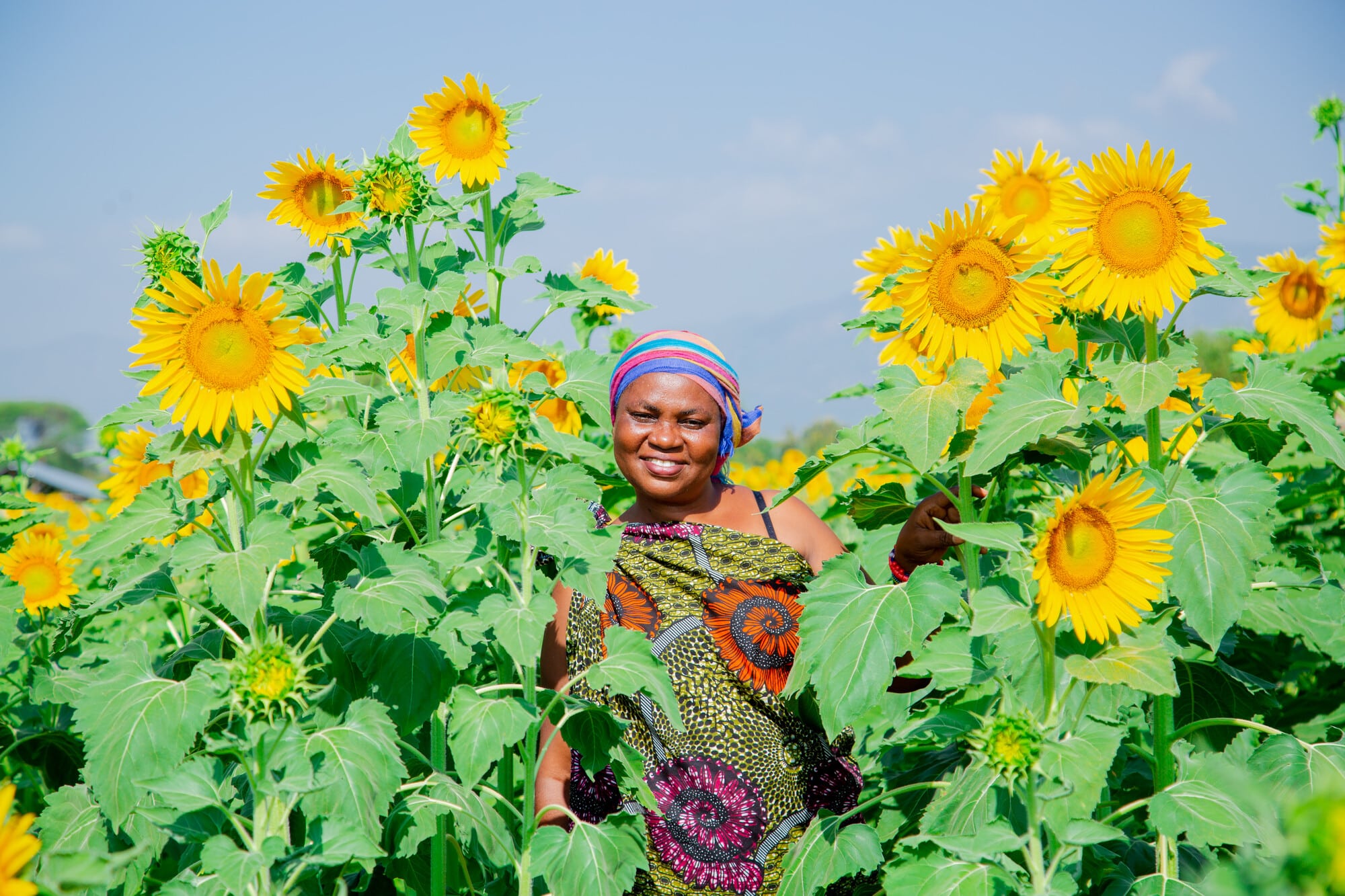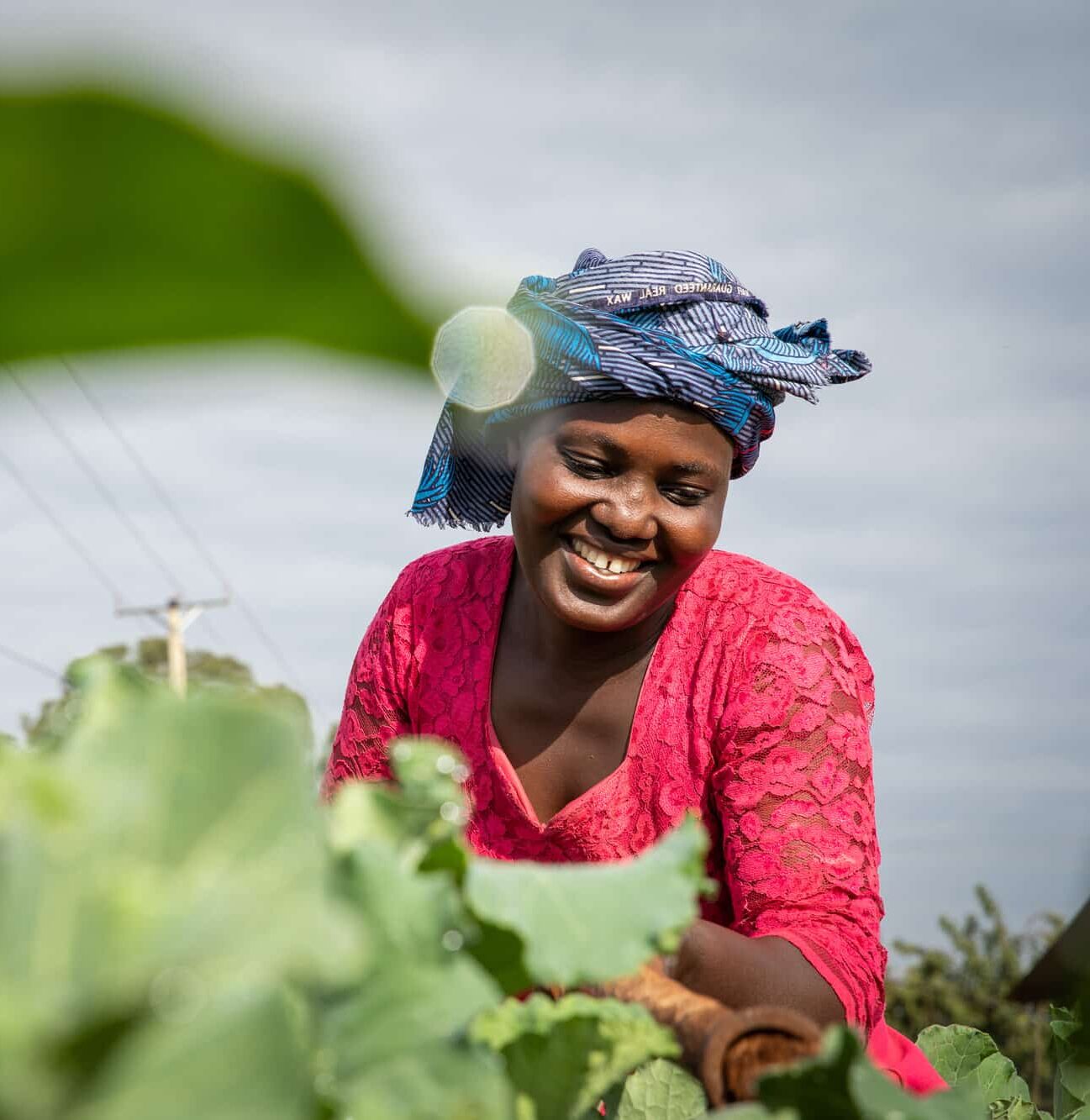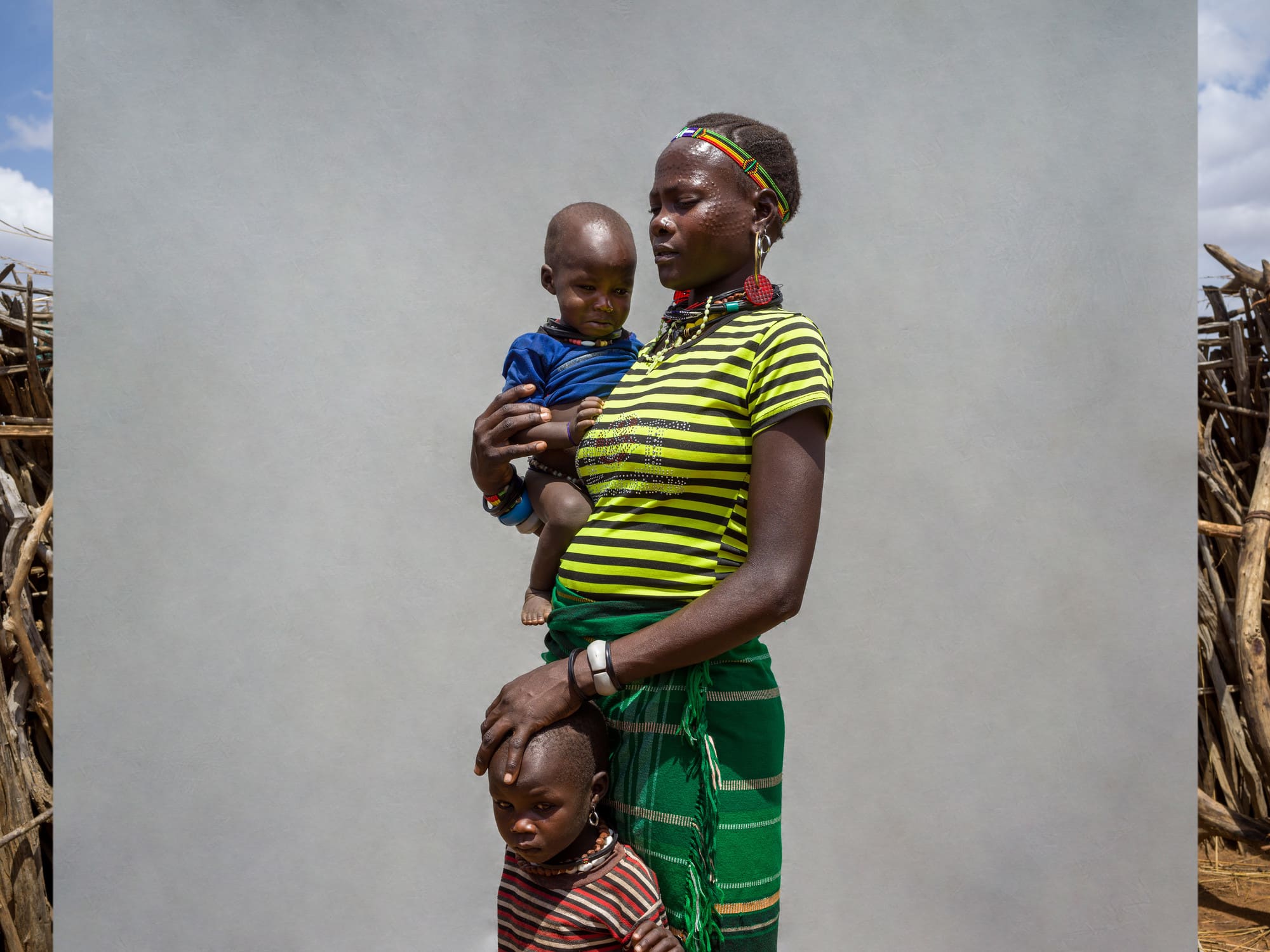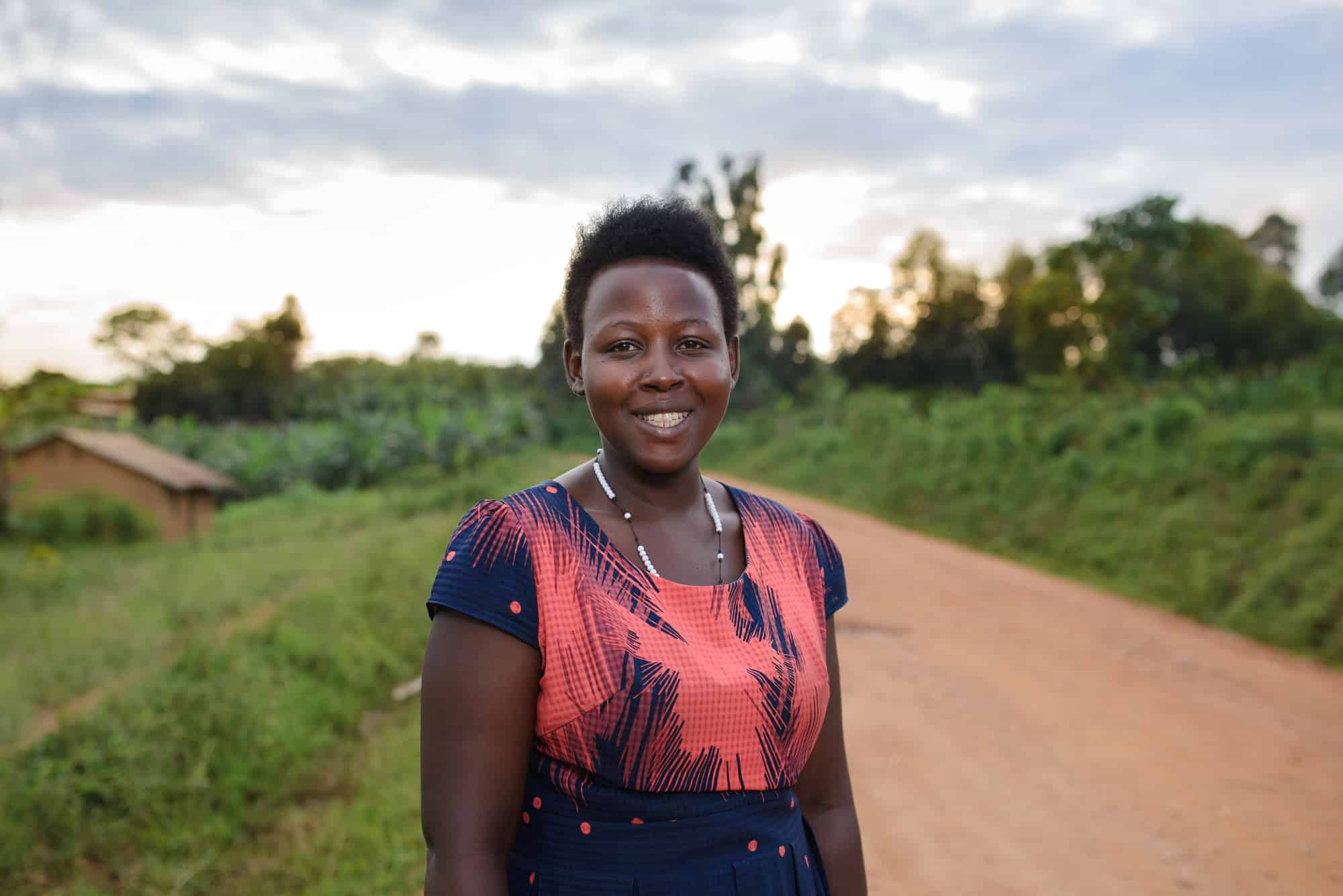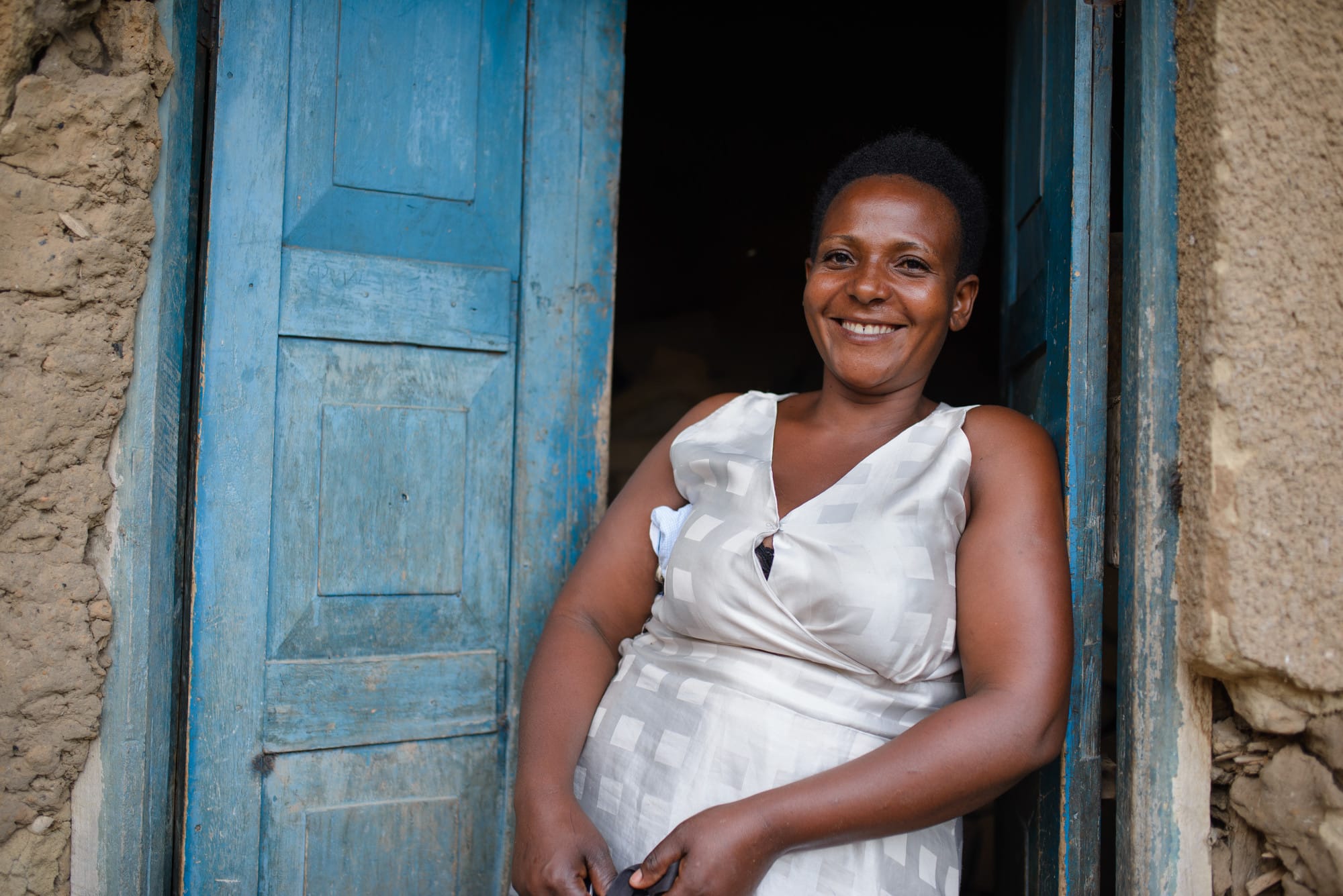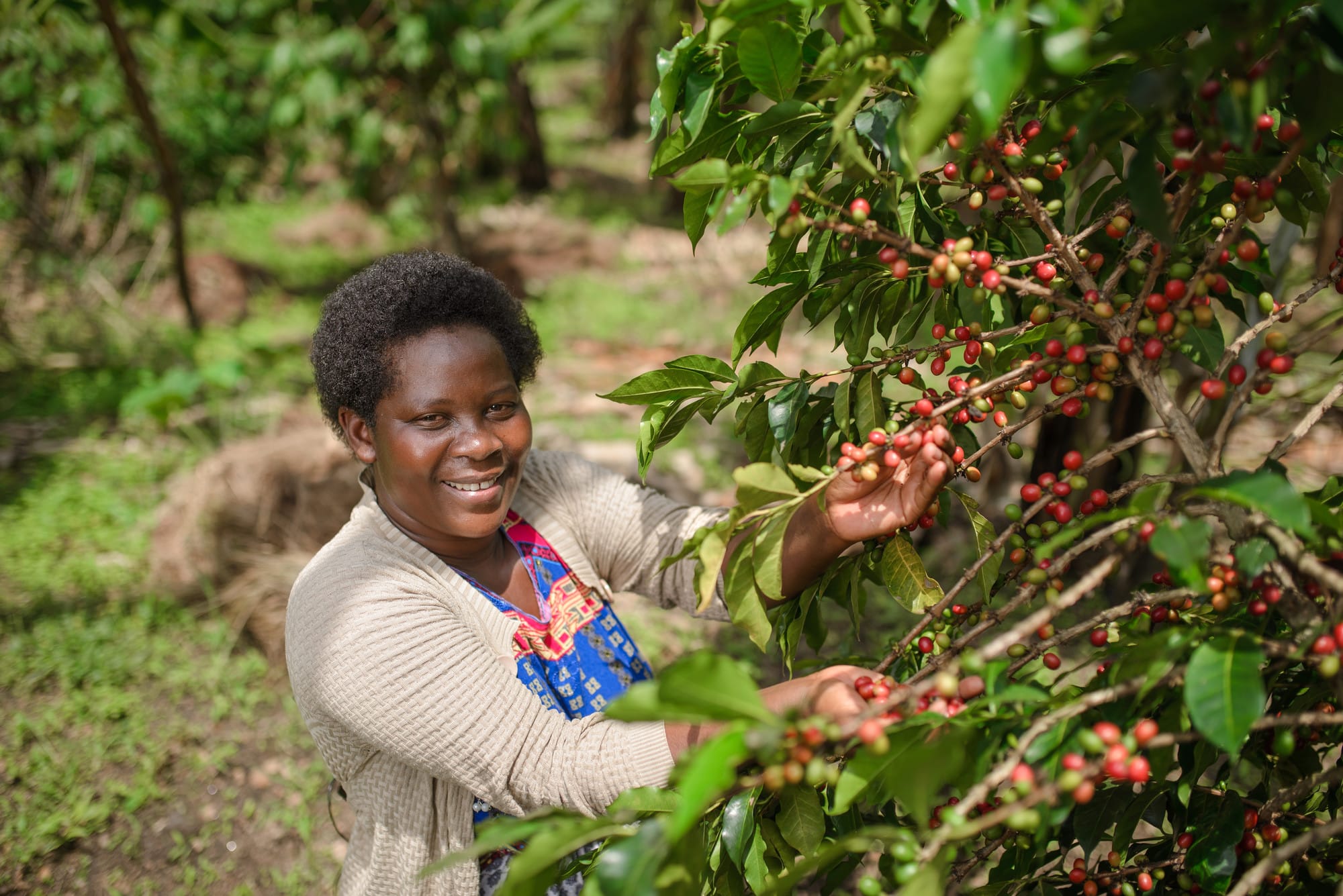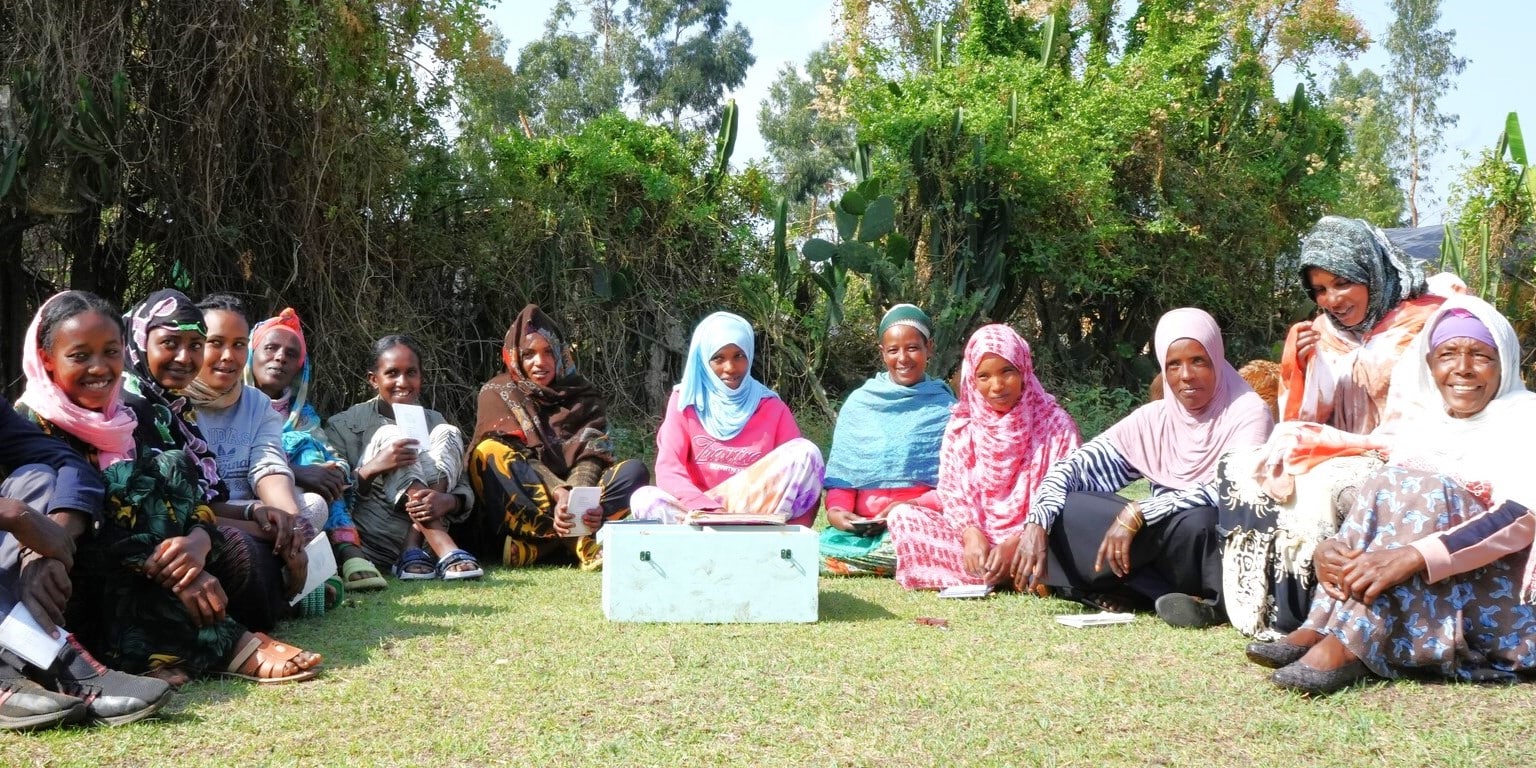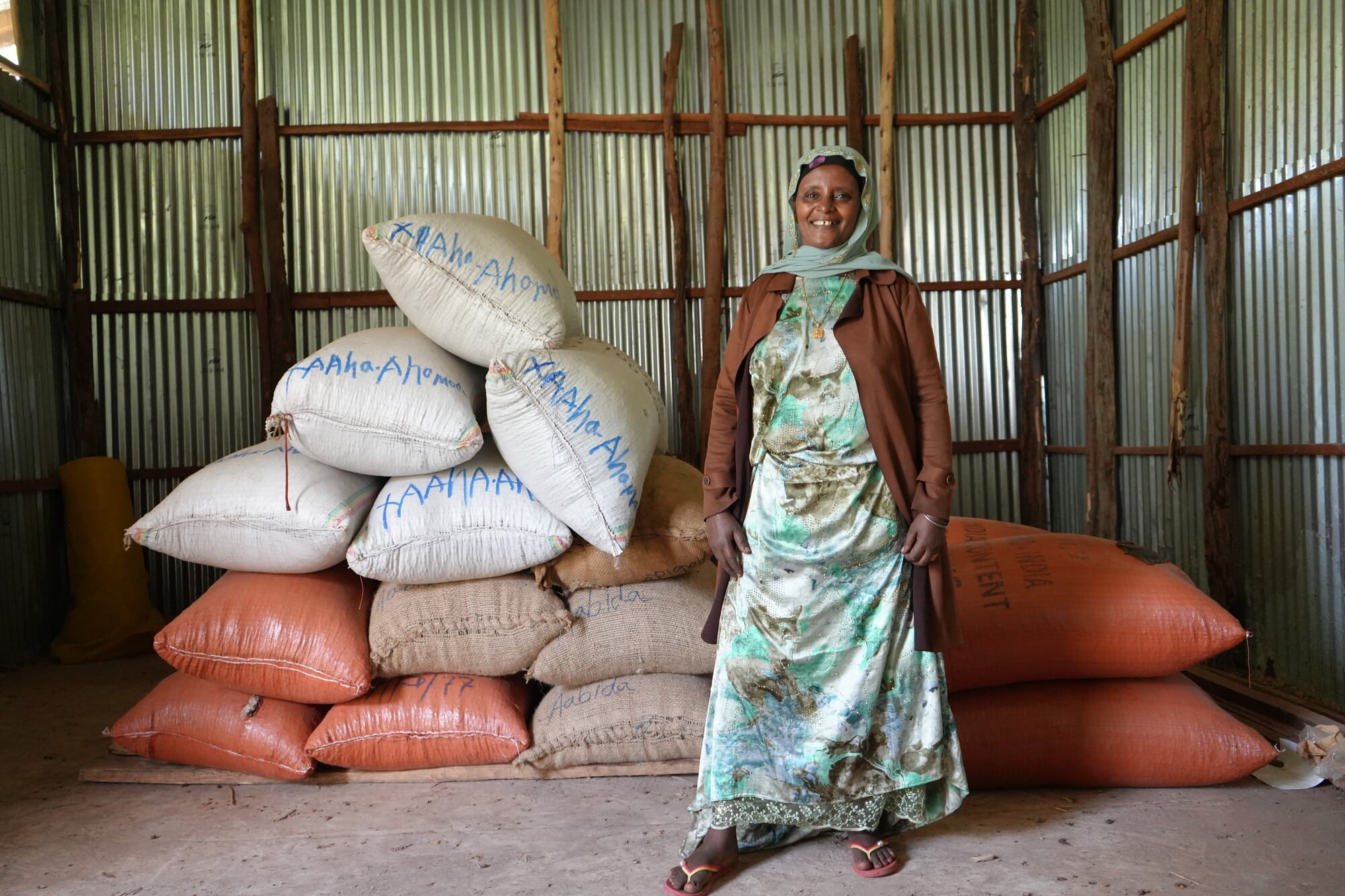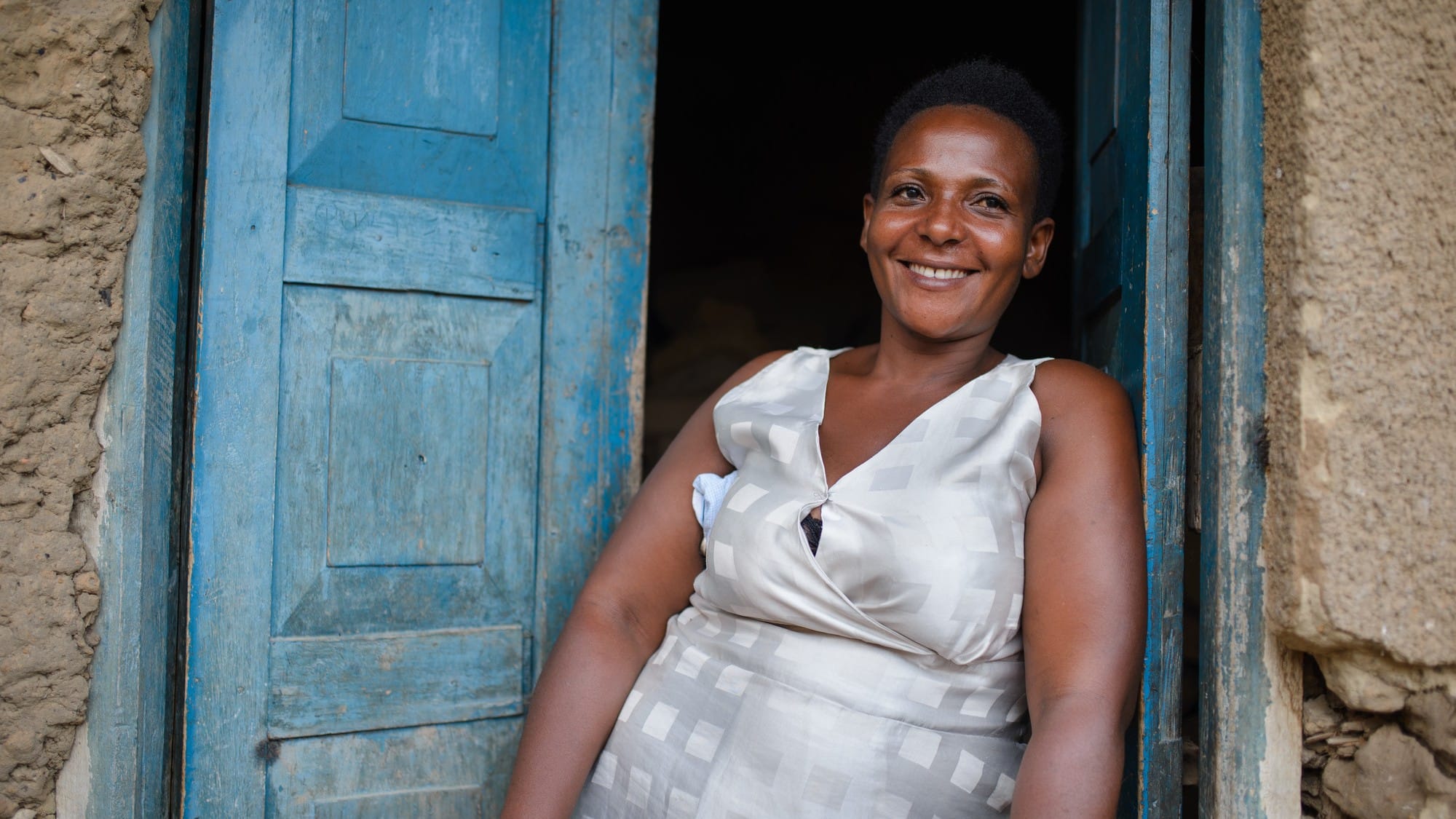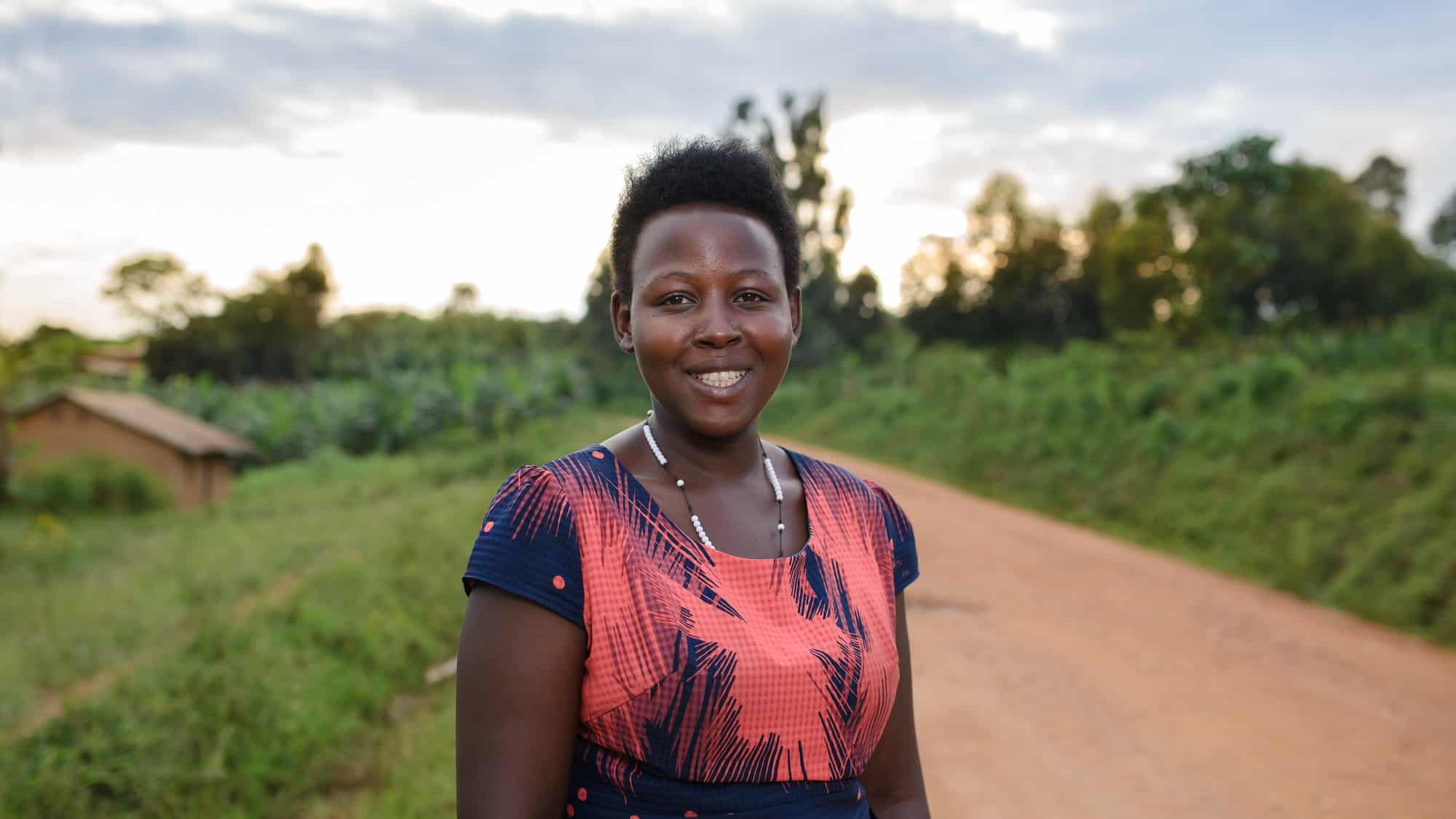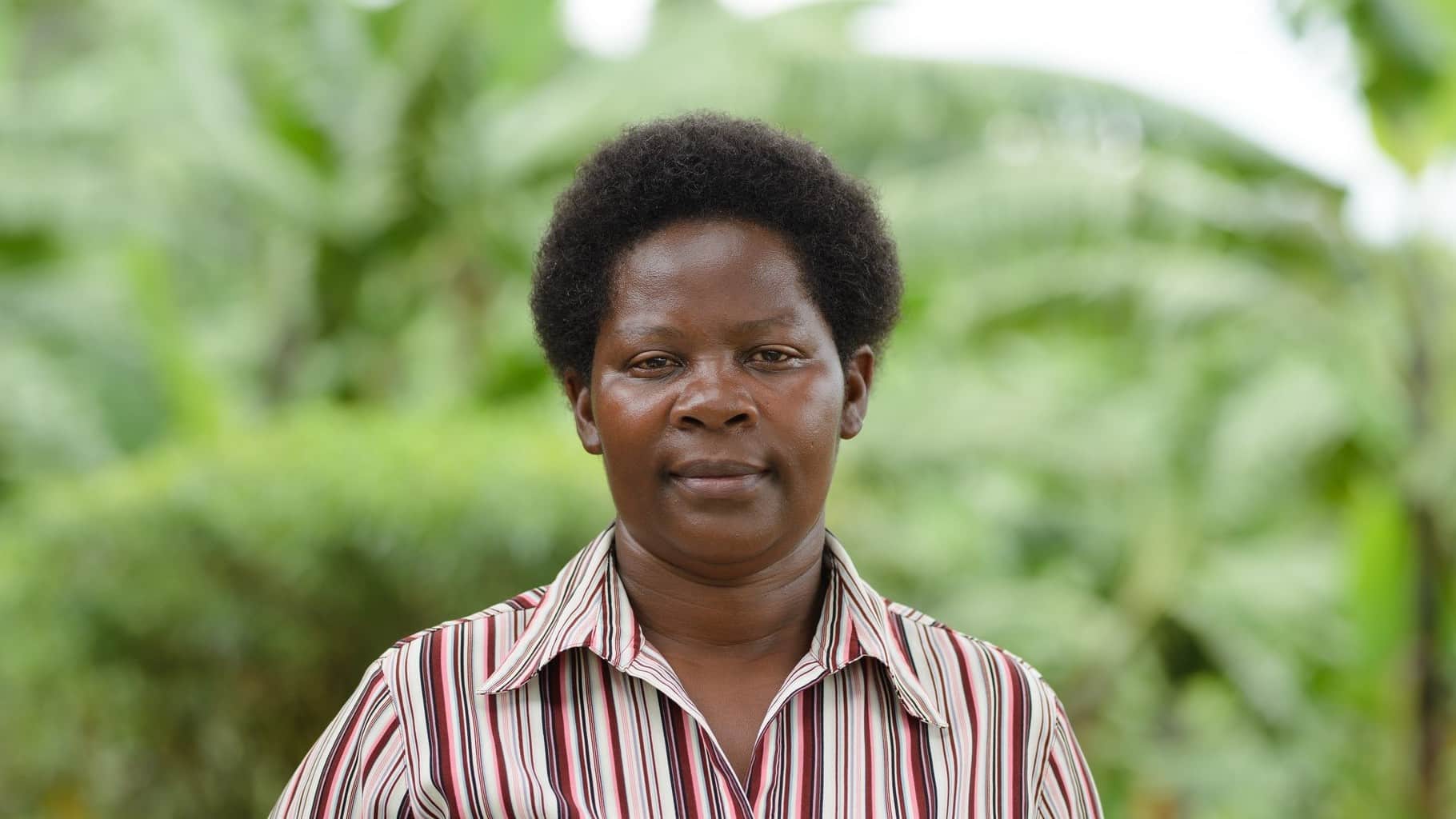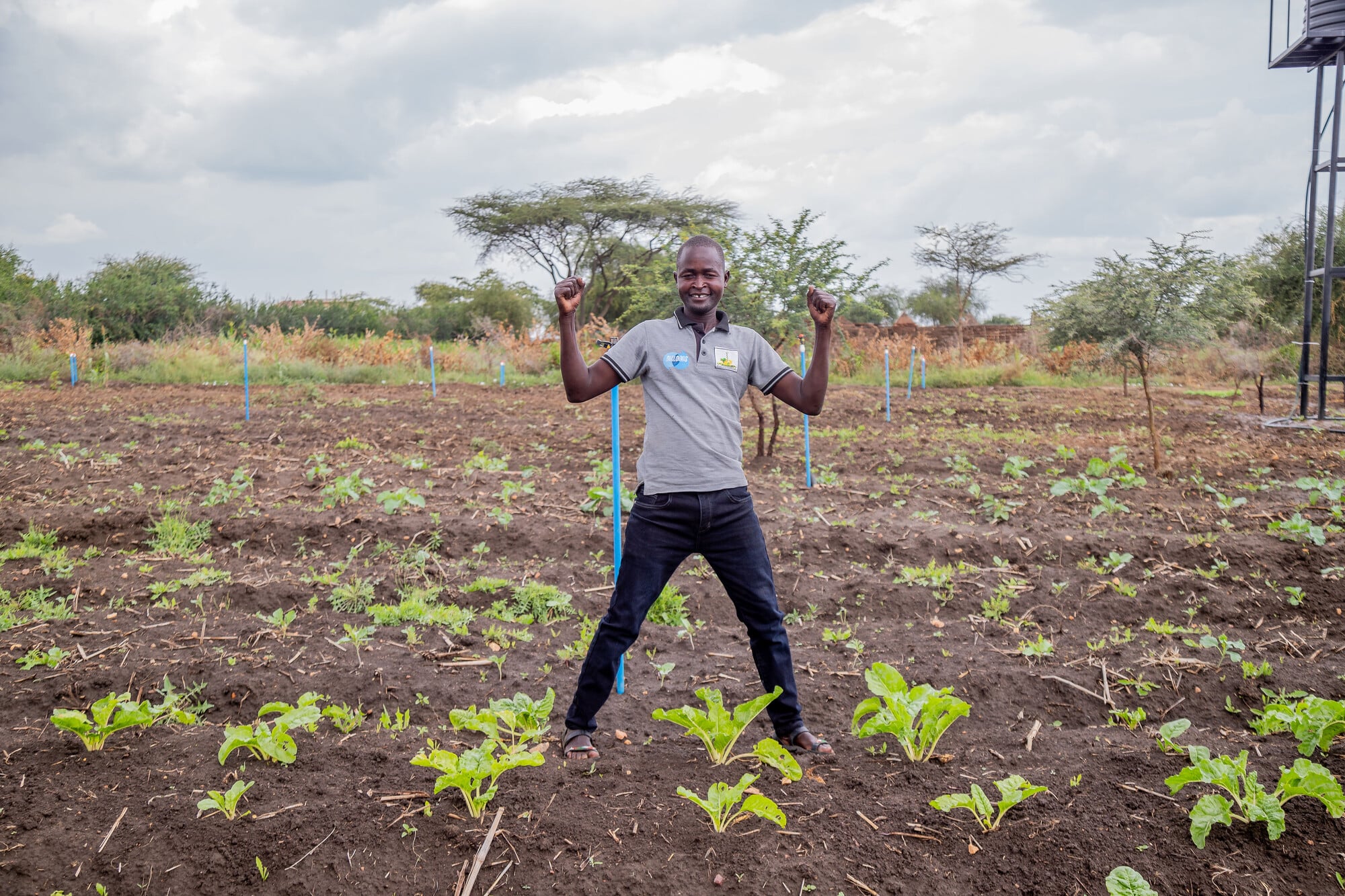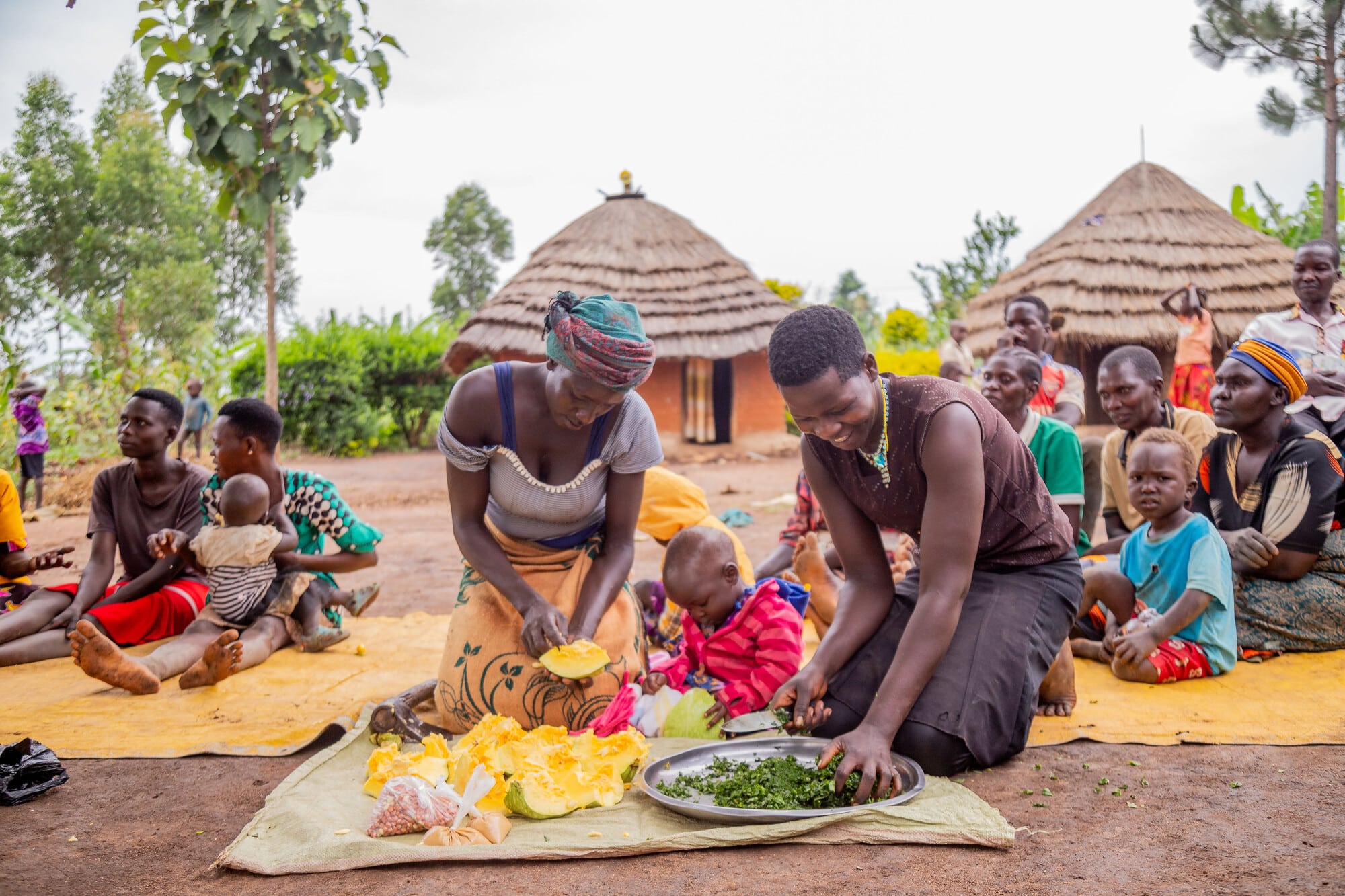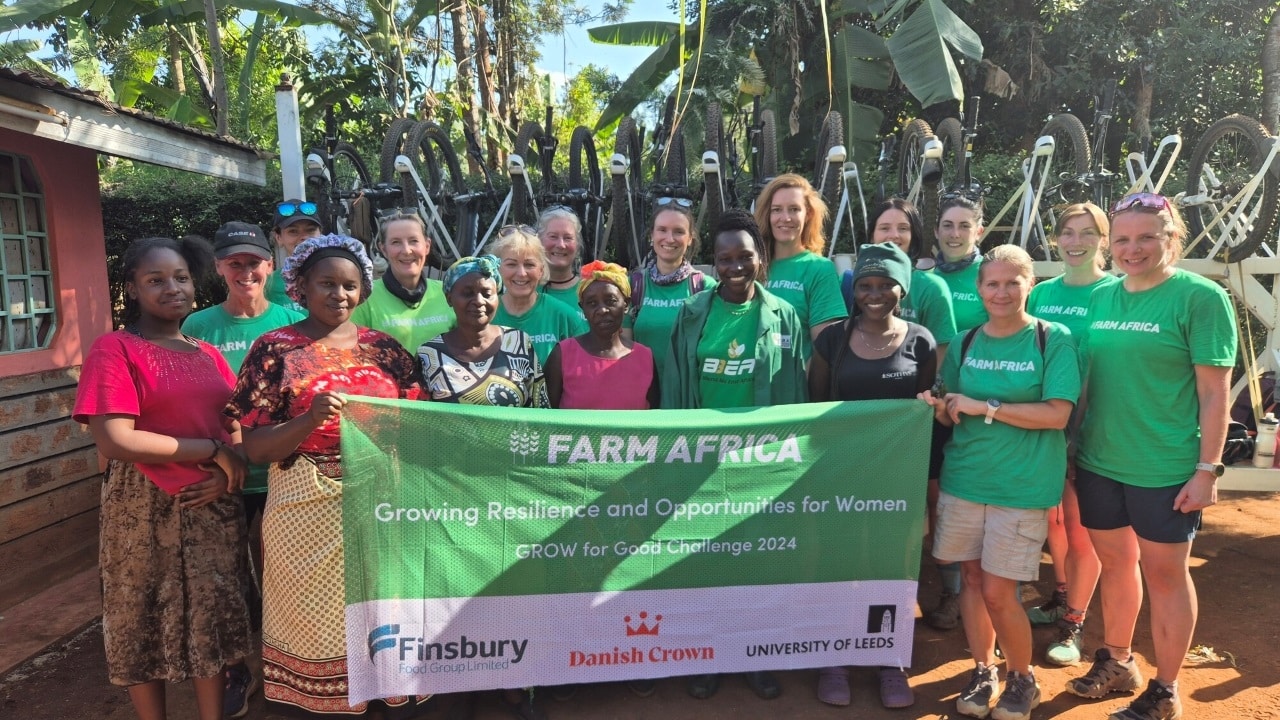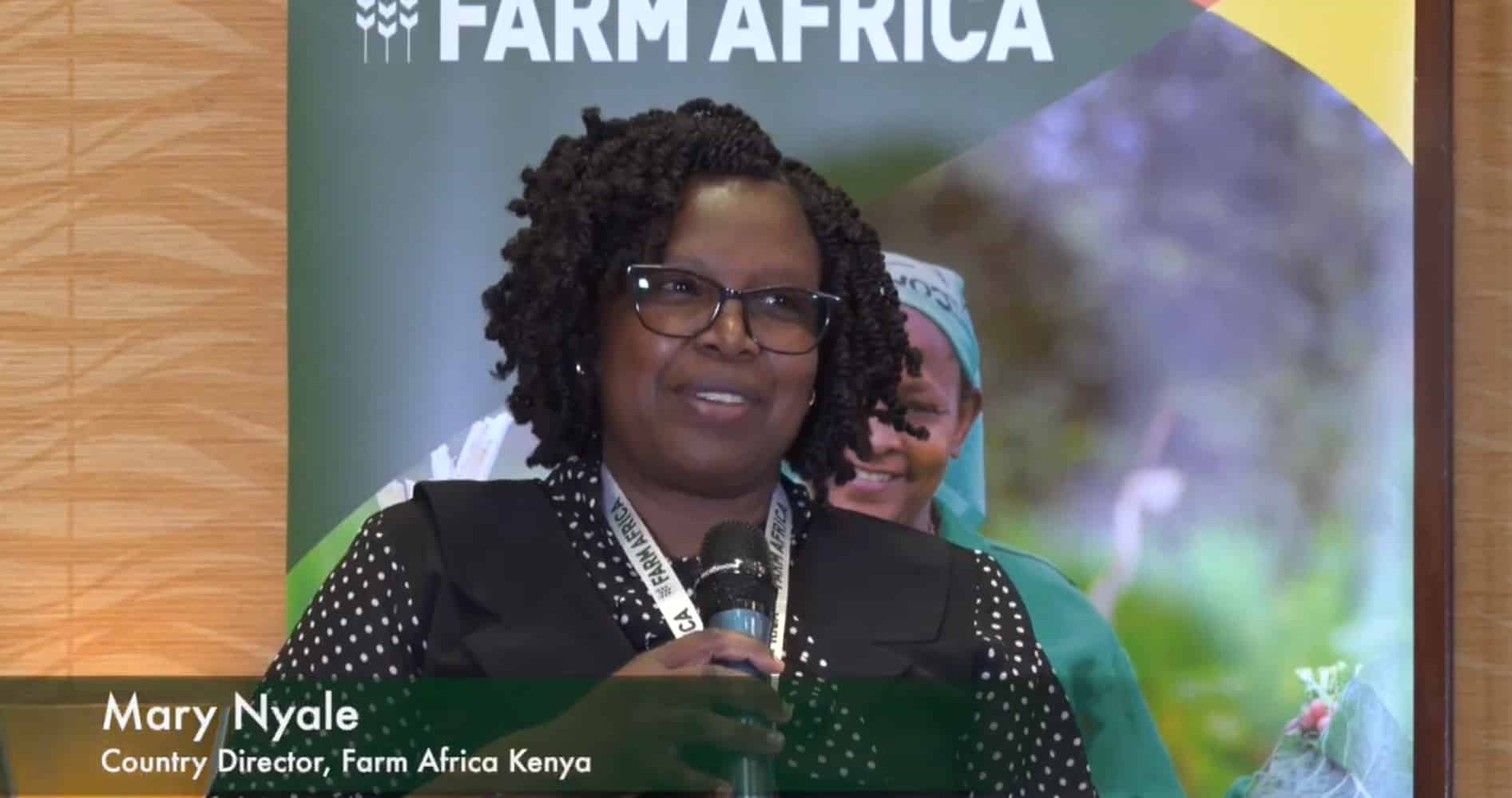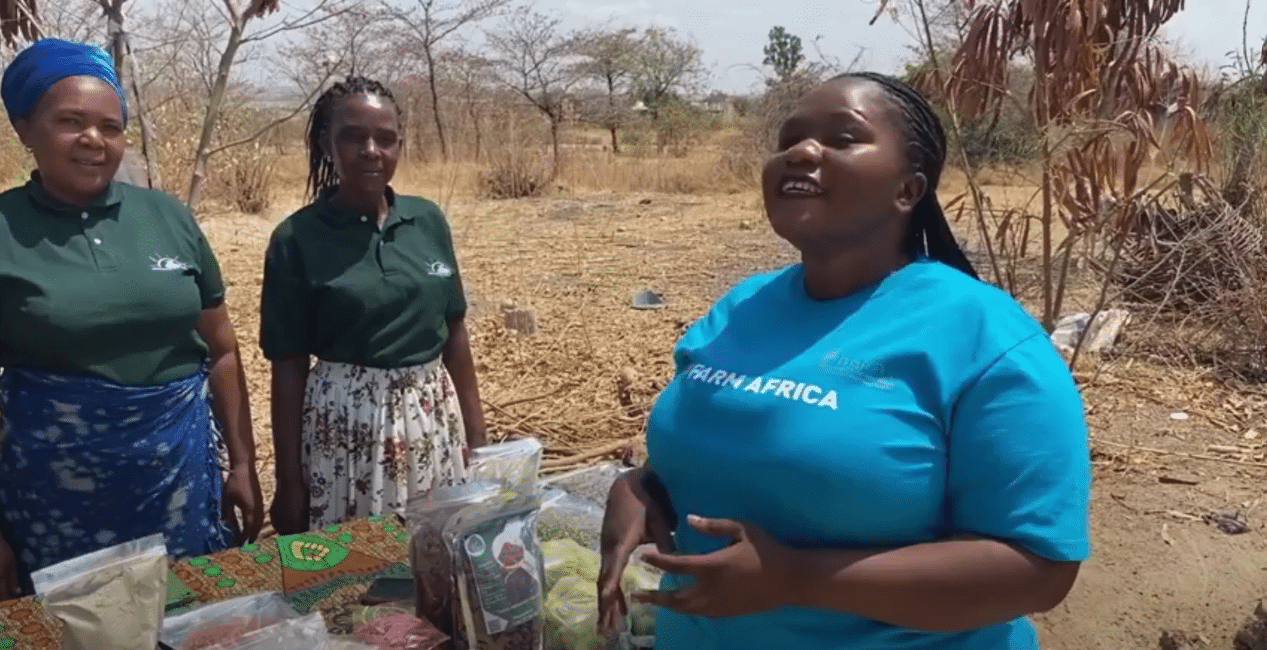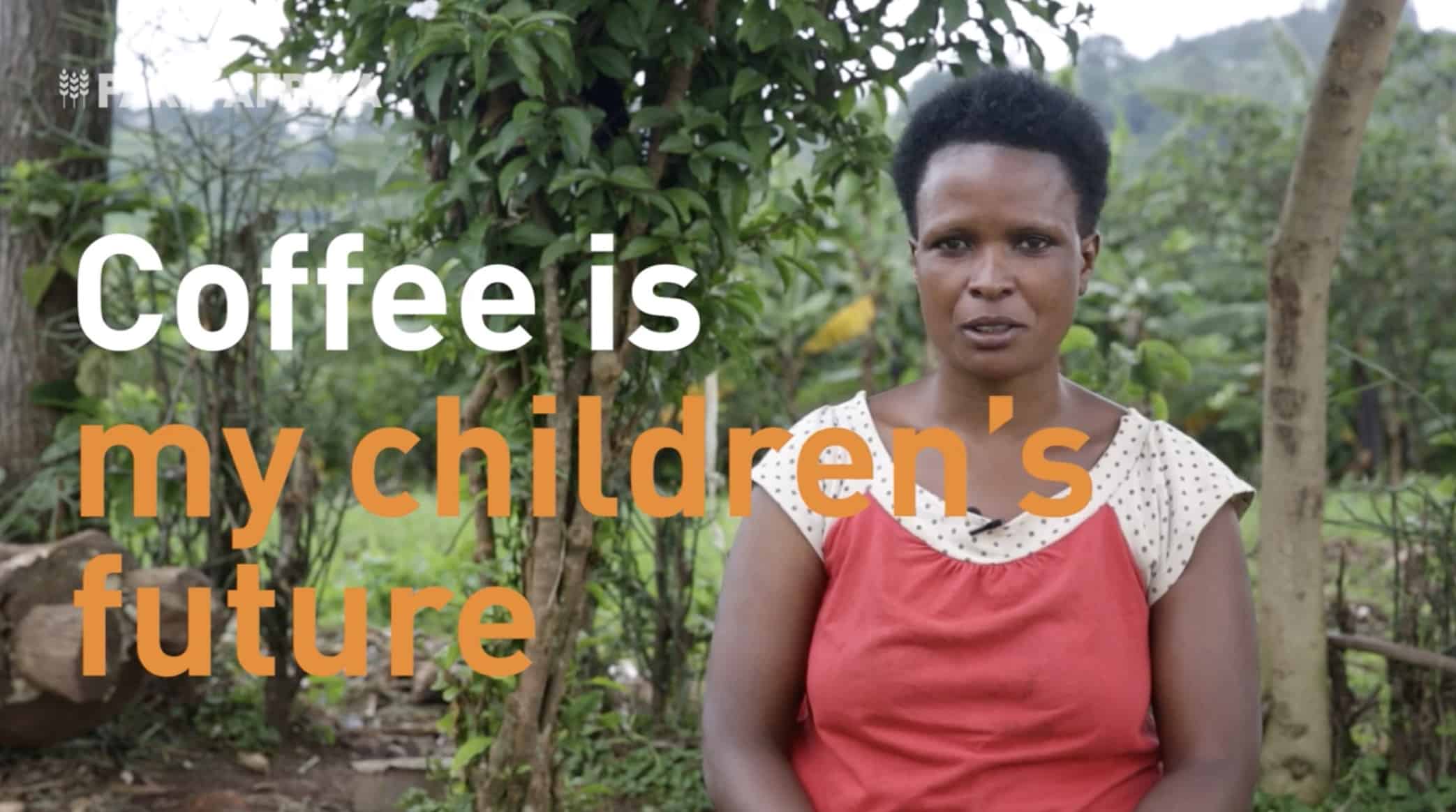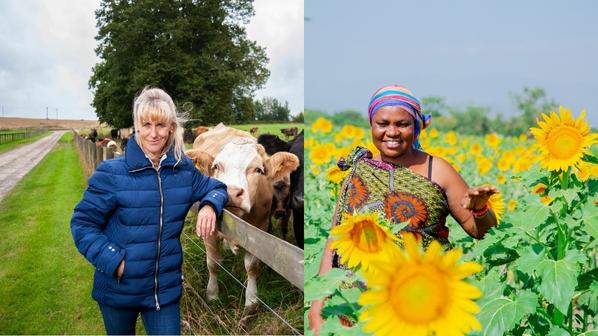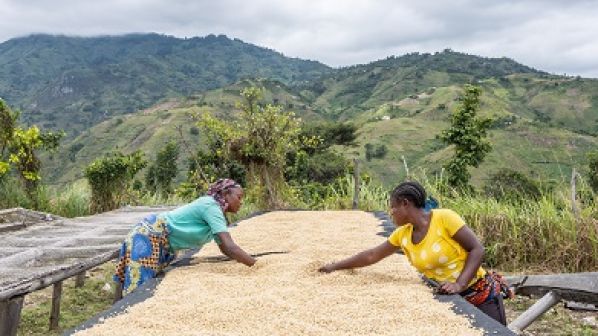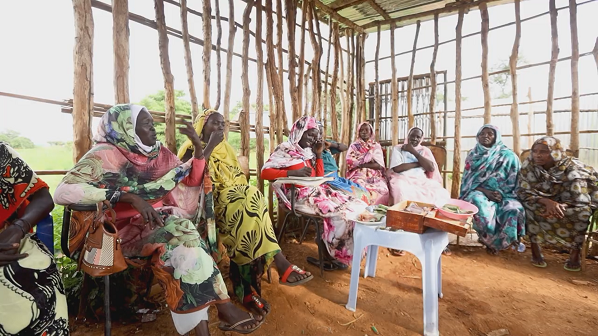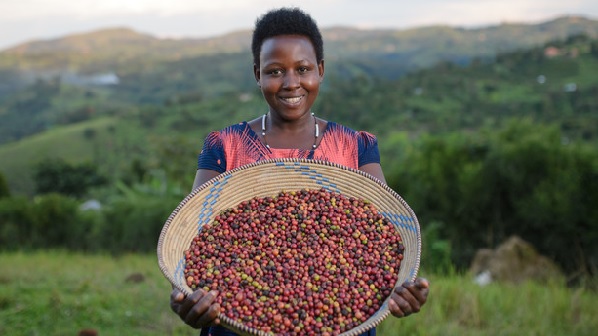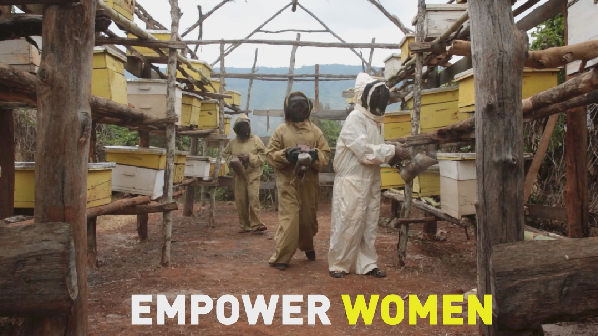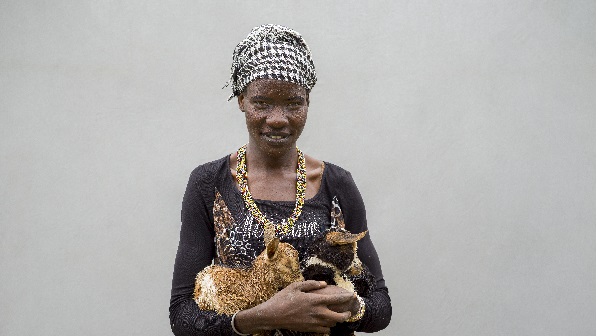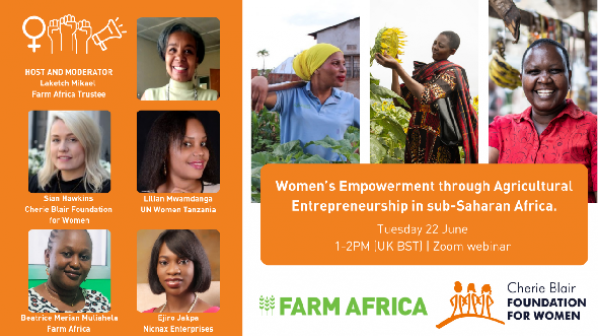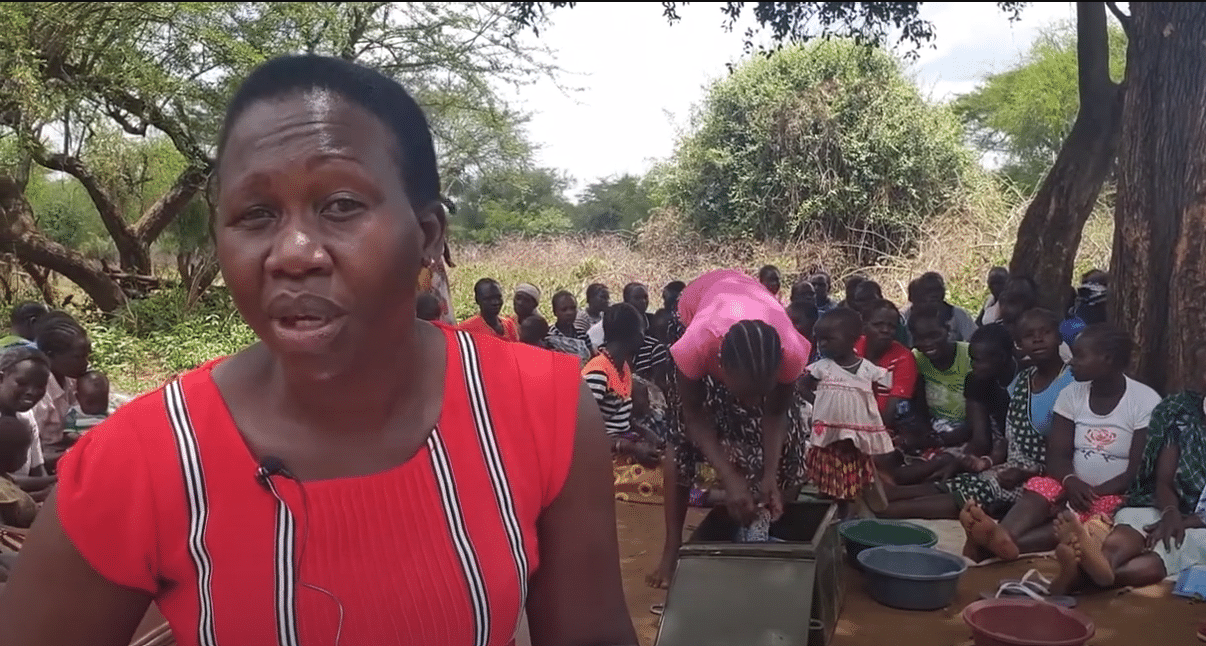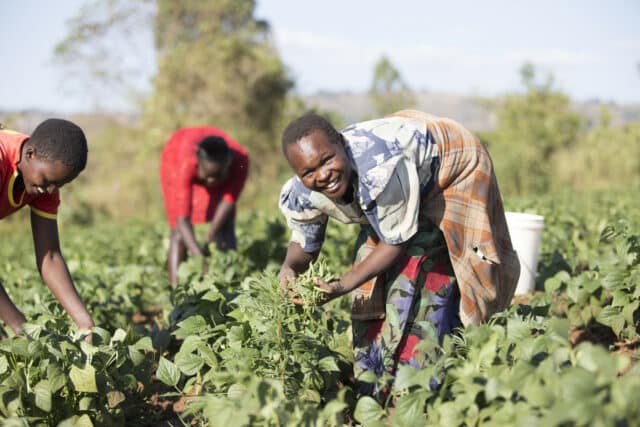The problem
Women are the backbone of Africa's farming workforce, but life for rural women isn't easy.
In eastern Africa, women lack equal rights to men and often have to juggle domestic duties with arduous fieldwork.
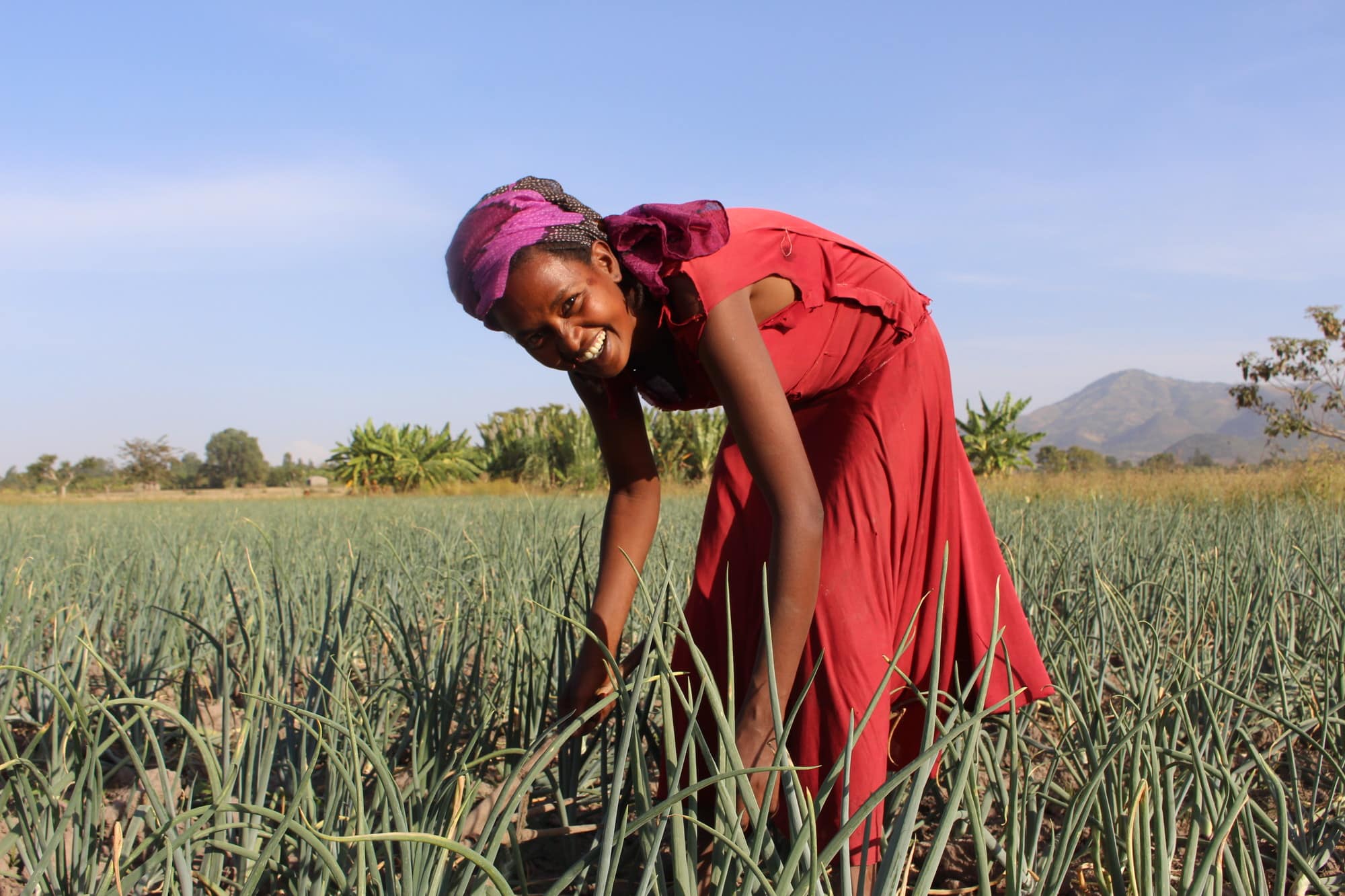
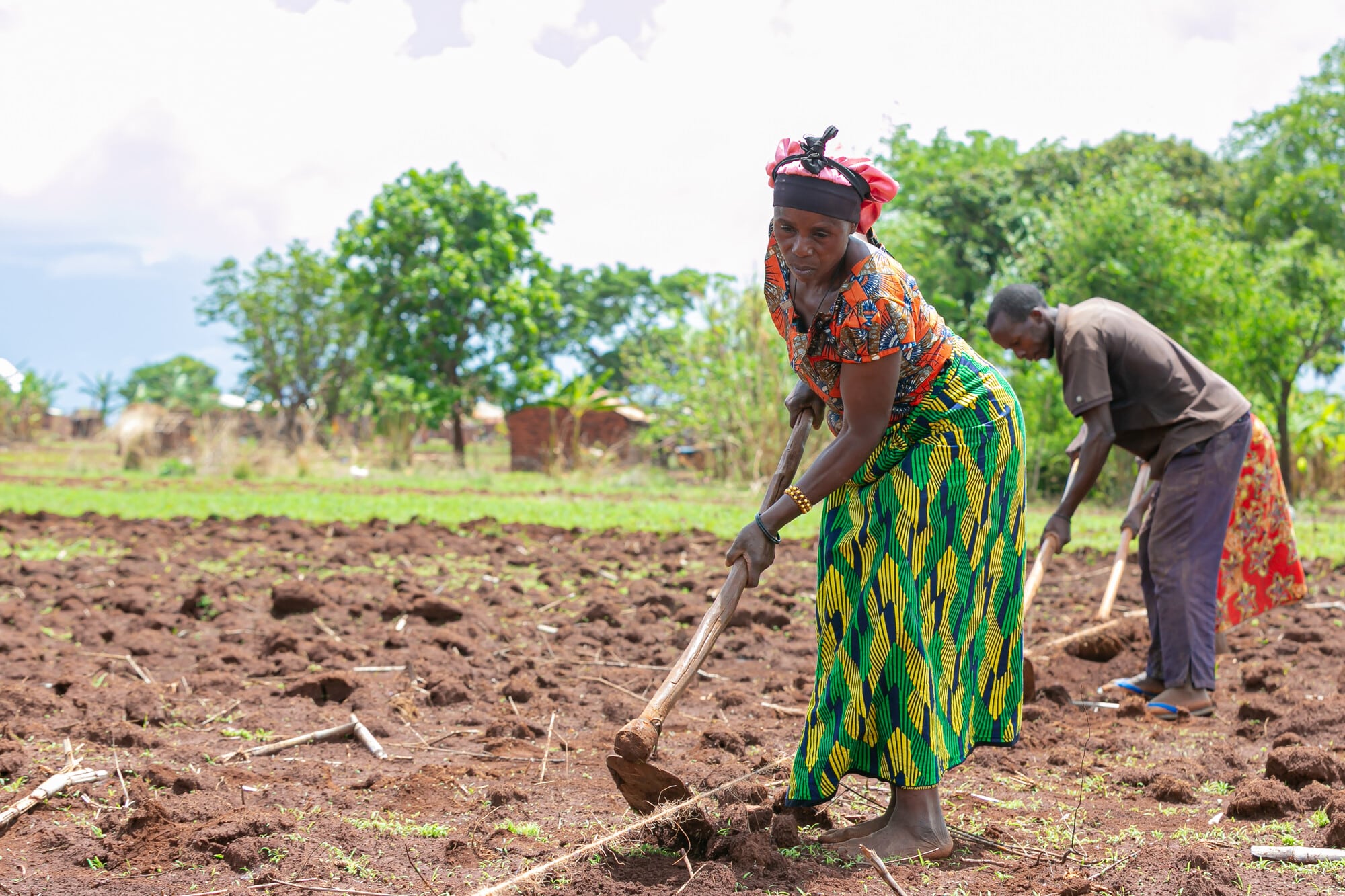
It can be harder for women to achieve the yields that men do as they often have lower access to land, training, markets and quality seeds.
Women typically have little household decision-making power, few opportunities for community involvement, and are ultimately more likely to live in poverty than men.
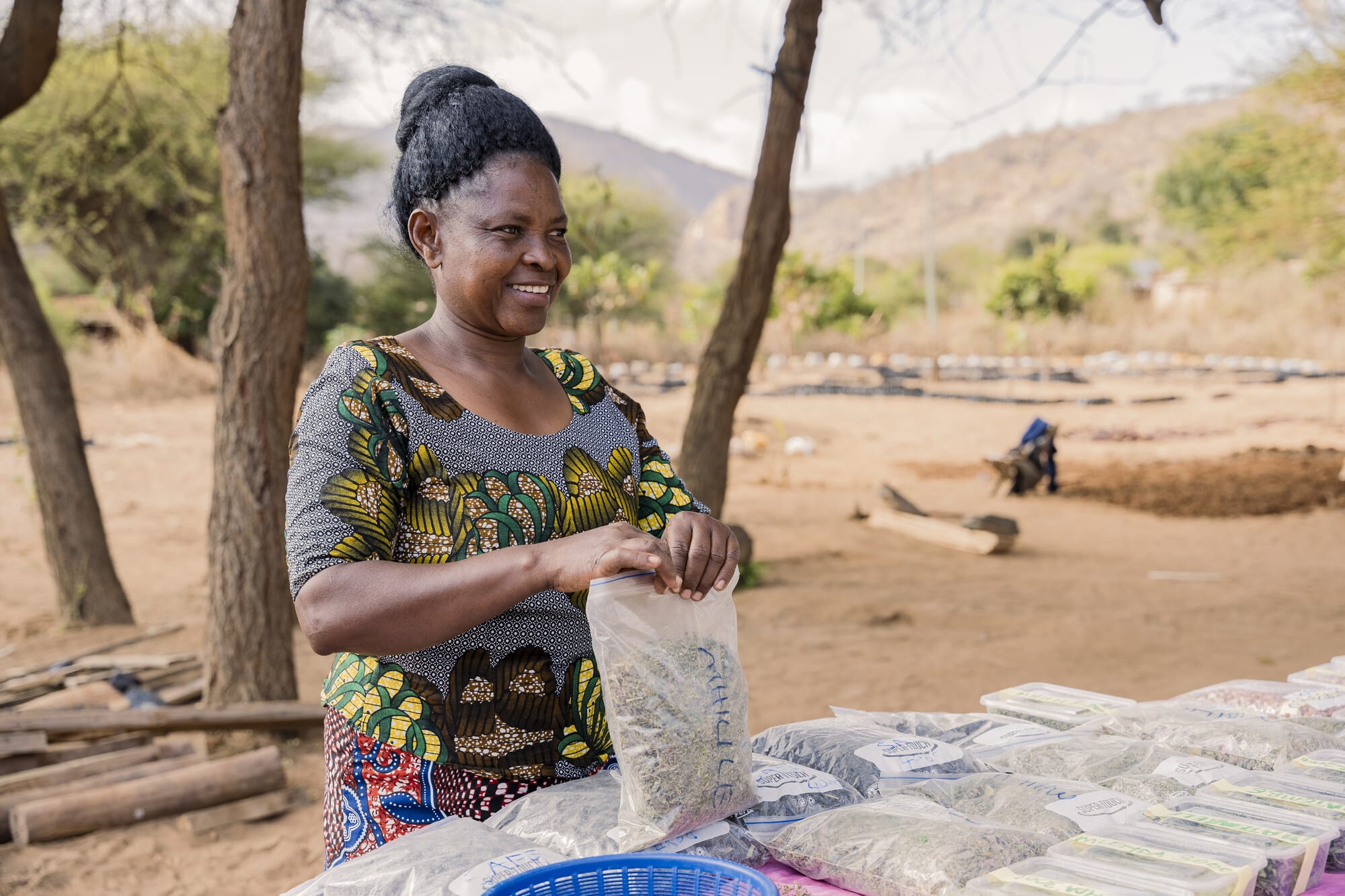
The opportunity
Farm Africa works to understand the challenges that women face in their local contexts and adapt our programmes accordingly.
By opening up new opportunities for women, we support them to develop new sources of income and lift themselves out of poverty.
When women prosper, they typically invest more in their homes and families, feeding their children, keeping them healthy and sending them to school.
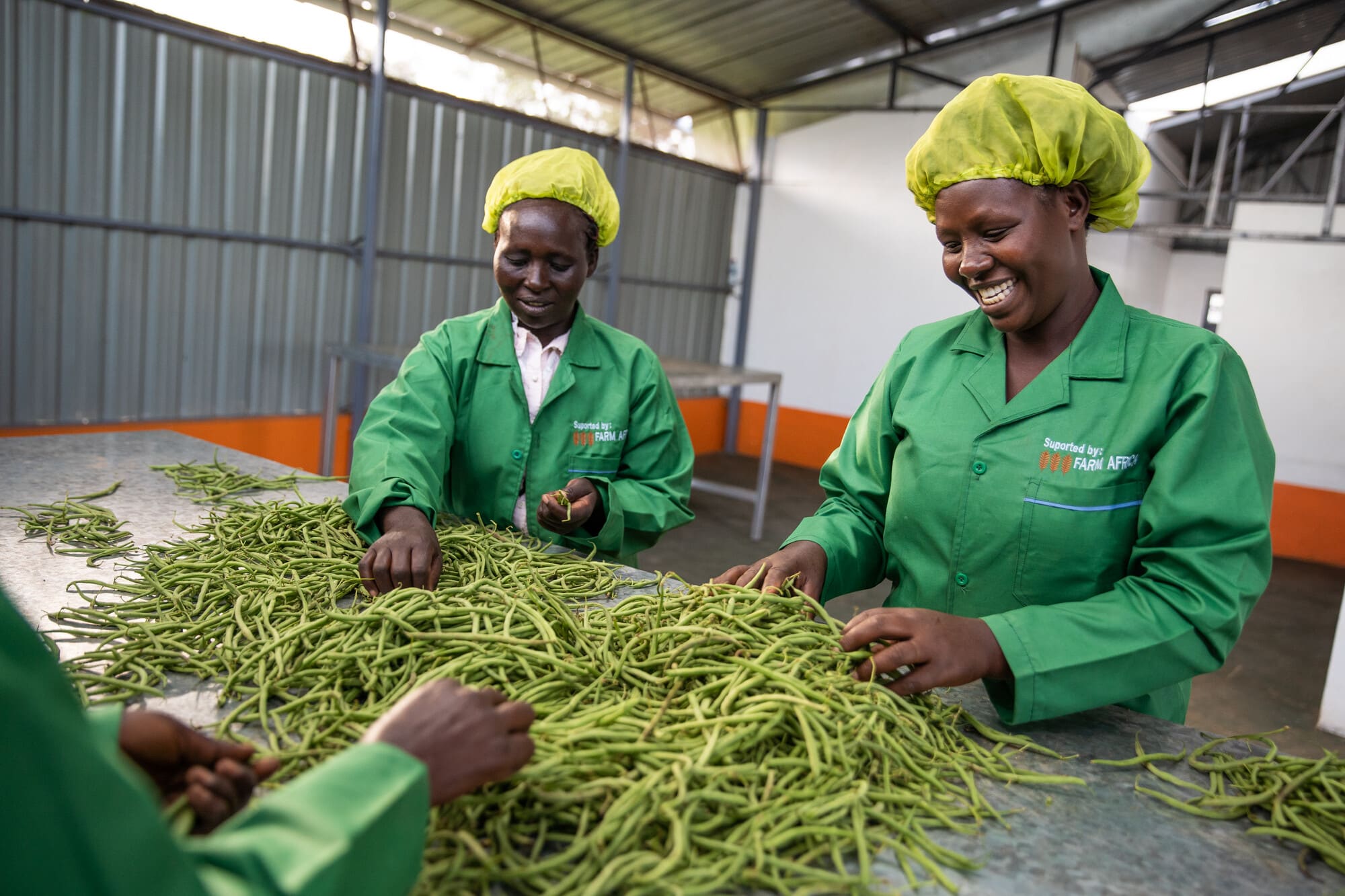
The outcome
When women have more economic opportunities, it helps the whole community to grow and prosper.
In fact, investing in rural women doesn’t only have the power to transform lives on a community level; it can also boost food security on a global scale.
That’s why supporting female farmers is so important, because equality for women is progress for all.
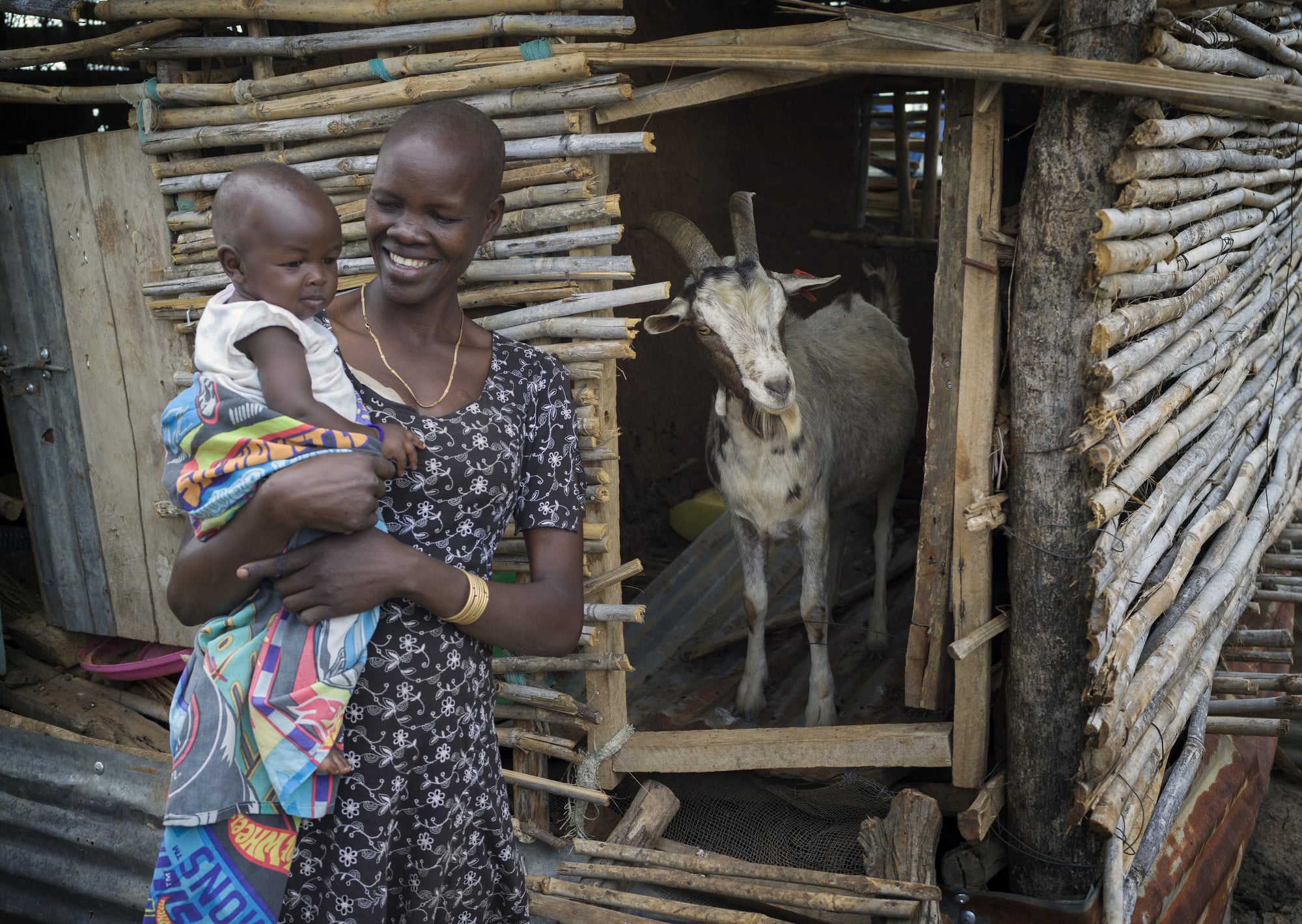

How we work with women
Supporting female farmers is a central part of Farm Africa’s work. This means:
- Involving women in selling their produce, giving them more financial independence and a better idea of market prices so they can adapt their farming businesses accordingly
- Setting up women’s savings and loans groups, so that women have access to funds to invest in setting up small businesses
- Helping women gain access to land to farm on
- Running training sessions at times when women can attend them and providing crèche facilities
- Supporting women with agricultural projects that they can run from their homes, such as beekeeping and raffia weaving
- Encouraging women to join cooperatives and take up leadership positions within them
Watch
Related resources
Country
Kenya
Key focus areas
Boost youth employment
Connect farmers to markets
Empower women
Increase incomes
Impact stories from the YISA programme: 2025 Quarter Four
A collection of stories from September to November 2025 from the Youth in Sustainable Aquaculture in Kenya, a partnership programme with the Mastercard Foundation and consortium partners, led by Farm Africa, that aims to strengthen resilient livelihoods through innovative aquaculture practices, enabling work opportunities for young women and men.
Download (4.01mb)
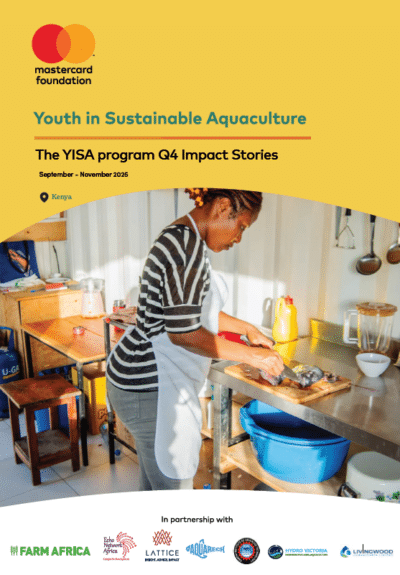
Country
Kenya
Key focus areas
Boost youth employment
Connect farmers to markets
Empower women
Increase incomes
Country
Uganda
Key focus areas
Empower women
Increase food security and nutrition
Seeds of change: Focus on Karamoja
A collection of impact stories from Farm Africa’s work to boost food security and nutrition in Uganda.
Download (3.87mb)
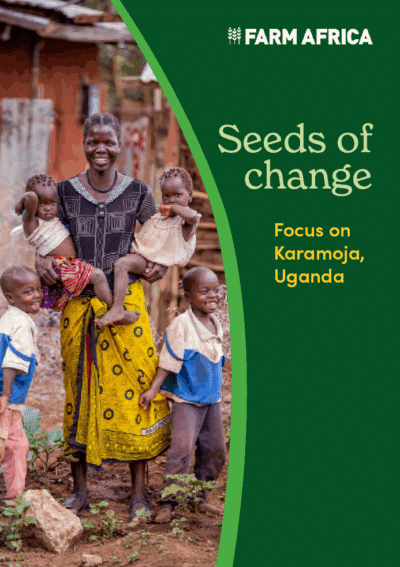
Country
Uganda
Key focus areas
Empower women
Increase food security and nutrition
Country
Kenya
Key focus areas
Empower women
Increase incomes
Strengthen food systems
Growing Resilience And Opportunities for Women (GROW) Roundtable Report
In October 2024, Farm Africa convened a roundtable discussion with female industry leaders in Nairobi, Kenya as part of its Growing Resilience and Opportunities for Women (GROW) initiative. This report summarises the key themes and conclusion of the discussion, which explored women’s role in the global food system and ways to drive positive change.
Download (2.16mb)
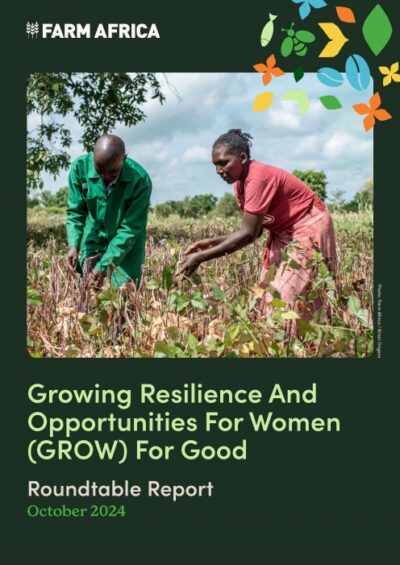
Country
Kenya
Key focus areas
Empower women
Increase incomes
Strengthen food systems
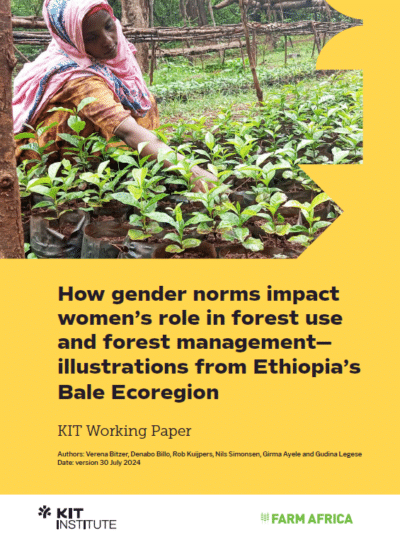
How gender norms impact women’s role in forest use and forest management – illustrations from Ethiopia’s Bale Ecoregion
More info
Country
Ethiopia
Key focus areas
Empower women
Protect ecosystems
How gender norms impact women’s role in forest use and forest management – illustrations from Ethiopia’s Bale Ecoregion
Involving rural communities is important for effective forest conservation, however, women are often excluded from playing an active role in forest-related decision-making, despite the high dependency of rural women on forest products such as fuelwood and non-timber forest products and clear evidence that women’s participation in forest management groups can result in better resource governance and conservation outcomes. This paper unravels the gender relations in rural forest dependent communities in Ethiopia by taking a closer look at the country’s Bale Ecoregion, located in the Oromia regional state.
Download (4.58mb)

Country
Ethiopia
Key focus areas
Empower women
Protect ecosystems

Key focus areas
Boost youth employment
Empower women
Country
Tanzania
Key focus areas
Boost youth employment
Empower women
The role of gender in the Tanzanian horticulture sector
In Tanzania, women and youth are active participants in the agriculture sector, making significant contributions to the sector’s growth. However, the country’s progress towards gender parity across critical areas of life is still at the disadvantage of women. This document shares Farm Africa’s learning from its DECIDE horticulture programme, which has been working with 55 small and medium enterprises (56% women-led) in the Tanzanian horticultural sector.
Download (3.25mb)
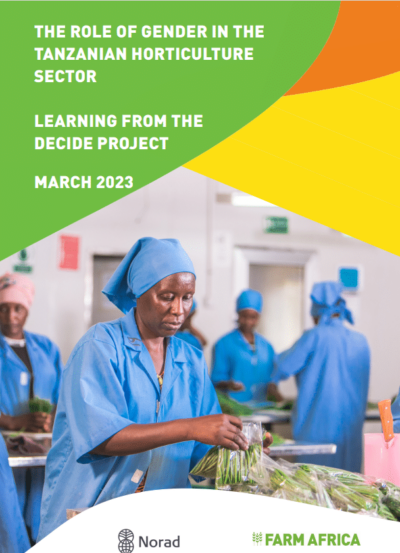
Country
Tanzania
Key focus areas
Boost youth employment
Empower women
